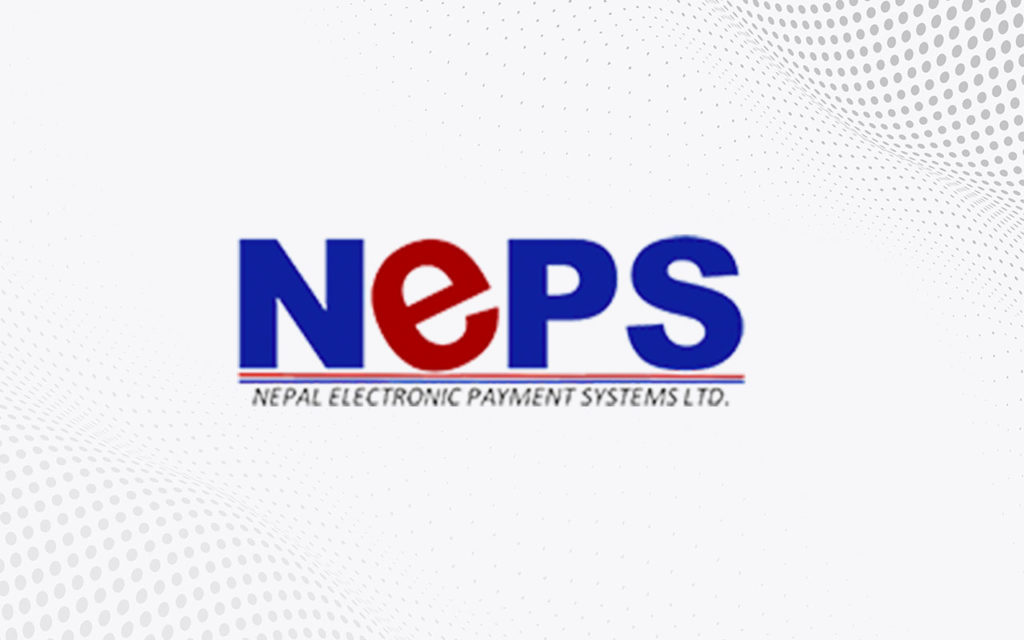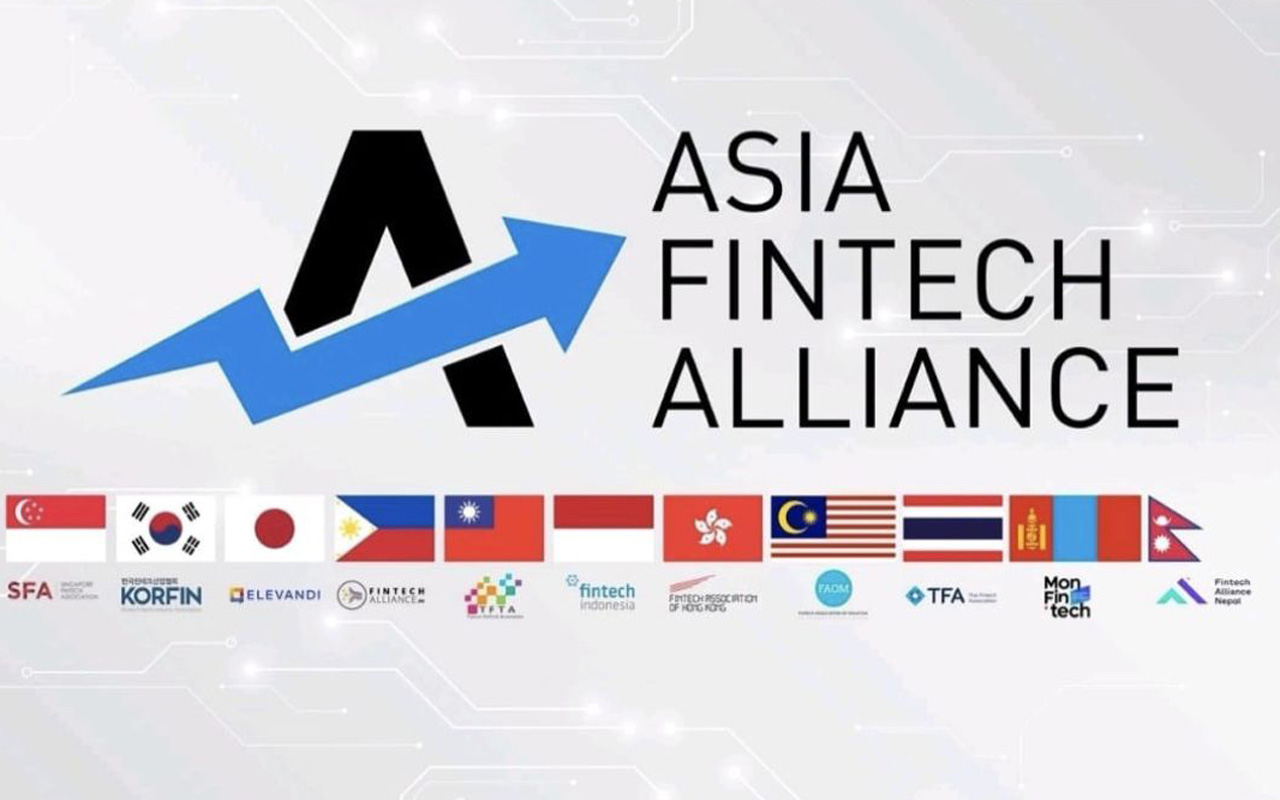Nepal Electronic Payment Systems Ltd. (NePS) has started a new service where you can use cards directly through your mobile banking apps.
NePS has already set up the API for this web service. With this technology, now one can get access to their cards directly through their mobile banking app. It would reduce the use of physical cards, thereby reducing the hassle to carry those cards everywhere.
This unique feature will enable the users to manage their cards like debit/credit cards directly from their mobile banking app. Also, the banks can pass on the power to their customers for managing the cards on their own.
Through this service, the customers can:
- Block/ unblock and reset PIN on their own
- Get details about transactions and statements, balance enquiry and other facilities in credit card services
About NePS
Nepal Electronic Payment Systems is a payment service operator (PSO) in Nepal that has been operating nearly 3.3 million cards, 2000 ATMs and 20,000 POS machines in Nepal. With a mission to provide a robust, reliable and secure payment services to financial institutions and business houses in Nepal, this company has contributed in replacing paper based financial transactions by electronic and digital systems.
Recently, NePS has started cash recycler machine in Nepal for Prabhu Bank. It is the first cash recycler machine powered by Nepalese company in Nepal. NePS has also enabled contactless, cardless and green PIN system features for mobile banking apps.
Also read: Green PIN System: Change Your ATM PIN with Added Security
And now, they are upgrading their services to link cards and mobile banking systems
The most used card types in Nepal are debit cards and credit cards. Along with cards, the use of mobile banking and internet banking facilities is increasing rapidly in Nepal.
According to the Financial Access Report-2078 by NRB, out of the total deposit accounts in BFIs, the mobile banking users are 32.03%. On the other hand, internet banking users are 3.83 % and ATM card users are 20.35%. In 2020, the number of mobile banking customers rose from 7.40 million to 10.1 million. Similalrly, debit card, credit card and prepaid card holders are also increasing.
This upsurge in the card users and mobile banking users have created a demand for interoperable payment systems in Nepal. Hence, NePS is also contributing in this plan as a NRB licensed PSO.
The future plan…
NePS has released API for web services that will link the cards to mobile banking apps. This facility would allow the users to host card related services on their own without visiting the banks. Before this, customers had to bear the burden of physically visiting the bank or contacting them for minor services like resetting the PIN, blocking/ unblocking cards and others.
But now, the users can themselves solve this issue through their own mobile banking application. After this service is fully launched, NePS has assured that the users can pay through QRs based on their own cards. At presents, the banks are providing QR code only on the available balance of bank accounts or on the merchant accounts.
This new fintech service would allow the customers to make QR payments through the credit card limits as well.
NePS is planning all the way to facilitate this service as soon as possible. Moreover, it is soon introducing VISA Direct service in the cards, integrated with mobile banking apps. They are planning to launch this service during Christmas. With VisaDirect you could do host of payment activities including much awaited VAT refund scheme of GoN. More details are yet to come. Anyways, this sounds super interesting that the BFIs are gradually passing the power of financial operations is to their customers.
Though a huge chunk of population still needs focused financial literacy, majority of the youths are already getting ahead in embracing the digital economy. The use of QR codes, mobile banking and internet banking, digital wallets is increasing rapidly in these recent years. Similarly, some digital wallets like IMEPay have introduced virtual cards which allow users to pay virtually as they use their debit/credit cards. In regard of this, we can hope that Nepal would soon have an interoperable fintech ecosystem.







1 Comment
Pingback: Nepal's FinTech Ecosystem Gets Global Recognition With NePS Elected To PCI Security Standards Council Board | TechSathi